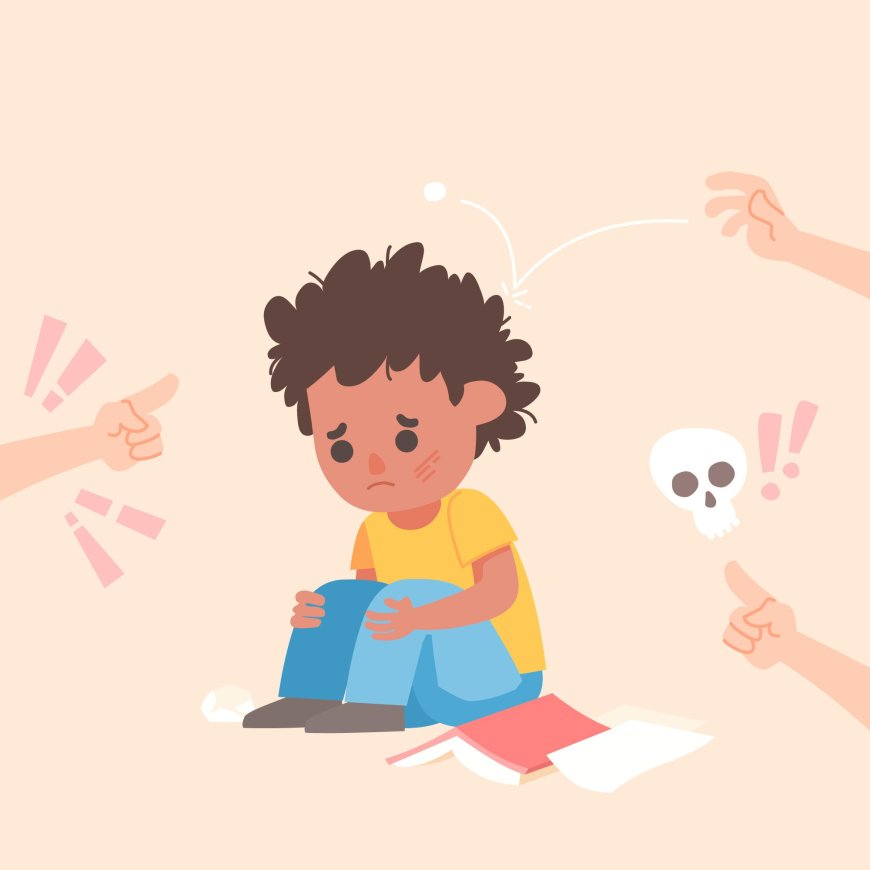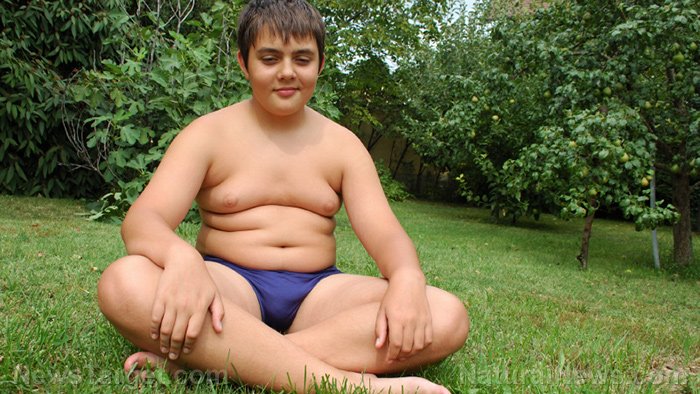Why ADHD Feels Like a Constant Mental Tug-of-War
Explore why ADHD feels overwhelming and how ADHD therapy and treatment can help bring clarity, focus, and emotional balance

Having ADHD is like being yanked in a dozen directions simultaneously. At its most superficial, it appears to be a mere issue of staying focused or energized. But underlying that is an even more profound, constant psychological struggle—between will and action, between motivation and distraction, between disorder and order. This is the unseen tug-of-war characteristic of the ADHD experience.
While some people think of ADHD as restlessness only in childhood, for many adults and adolescents, it's a life sentence. Unchecked, it can disrupt careers, relationships, self-esteem, and daily living. Fortunately, there are ADHD therapy and treatment methods to allow individuals to escape this pattern and establish order, simplicity, and self-kindness.
Knowing the Pull of War Within the ADHD Mind
At the core of ADHD is an executive function challenge—the mental abilities that plan, prioritize, manage emotions, and see projects through. Individuals with ADHD may have clear ideas about what they need to do, but can't get started, stay on track, or follow through. Extreme dissatisfaction, guilt, and self-doubt are brought on by this discrepancy.
This tug-of-war goes like this:
- You intend to concentrate, but your head zooms in every direction.
- You make plans, but can't adhere to them.
- You feel motivated, but become paralyzed when it's time to act.
- You’re flooded with ideas, but can’t organize or execute them.
This internal conflict is exhausting—and often misunderstood by others. Many people with ADHD hear “just try harder” or “you’re being lazy,” which only adds shame to the struggle.
Emotional Consequences of the ADHD Battle
This tug-of-war doesn’t only affect productivity. It impacts emotional well-being. Many individuals with ADHD report:
- Believing they are a failure after doing their best
- Self-judgment or imposter syndrome
- Mood swings and emotional dysregulation
- Anxiety over unfinished work and impending deadlines
- Low self-esteem due to decades of not being understood
Over time, the burden of not meeting expectations can become severe. That's why treating ADHD is not merely about attention—its emotional recovery and regaining confidence.
How ADHD Therapy Breaks the Cycle
ADHD therapy provides emotional comfort and practical solutions to cope with this inner tug-of-war. The most effective treatment is Cognitive Behavioral Therapy (CBT), which encourages people to identify negative ideas, establish routines, and learn better coping mechanisms.
ADHD therapy benefits:
- Creating structure: Therapists assist in setting sensible routines and organizing time.
- Combating negative self-talk: Through therapy, the cause of shame may be identified and replaced with understanding of oneself.
- Enhancing emotional control: Therapists teach strategies to control impulsivity, anger, or anxiety.
- Enhancing relationships: Therapy can enhance communication skills and minimize conflict with loved ones.
For that matter, therapy isn't about "fixing" the individual—it's about getting on the same team as the ADHD brain, rather than working against it.
Discovering ADHD Treatment Options
Aside from therapy, treatment of ADHD can involve medical interventions. Non-stimulant and stimulant medications can regulate brain chemicals implicated in concentration and impulse control. Combined with therapy, medication can significantly alleviate symptoms.
Some of the other holistic treatments for ADHD are:
- ADHD coaches: ADHD coaches assist with planning, goal-setting, and being accountable.
- Mindfulness training: Mindfulness increases awareness and calmness, lessening reactivity.
- Exercise and nutrition: Exercise enhances dopamine levels and increases concentration.
- Sleep support: Most with ADHD have trouble sleeping; enhancing sleep hygiene is important.
There is no one-size-fits-all solution. The ideal treatment for ADHD is tailored and adaptive to the individual.
Realigning Expectations and Embracing Neurodiversity
Perhaps the most potent result of ADHD treatment is changing how people perceive themselves. Rather than being "broken," they start to realize their special brain wiring. This transformation means setting achievable goals, treating themselves with kindness, and even taking pride in their creativity, energy, and resilience.
- Trainers and ADHD specialists frequently assist clients to:
- Rethink struggles as problems, not flaws in character
- Perceive ADHD as a neurodevelopmental disorder—not an issue of ethics
- Discover strengths that often come with ADHD, such as innovation and empathy
This mindset change is essential. It turns the tug-of-war into a dance—a way of working with, not against, one’s mind.
Conclusion
If you've been struggling with the unseen strain of ADHD, you're not alone—and it isn't your fault. The war between who you are and who you think you're supposed to be can be devastating. But hope exists, and there is assistance.
With ADHD therapy and full ADHD treatment, you can overcome the chaos cycle of guilt and overwhelm. You can create systems that suit your brain, find peace in your own rhythm, and reclaim your confidence. The ADHD journey does not have to be a never-ending fight. With the proper support, it can be a journey of empowerment and self-discovery.














































































